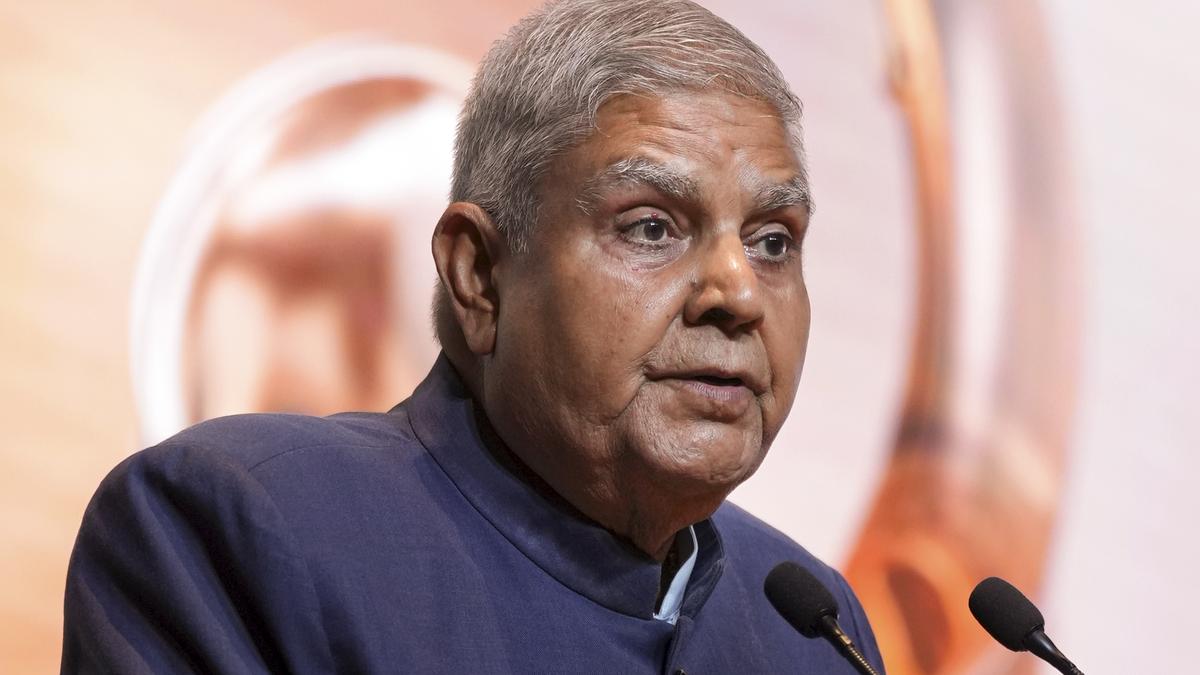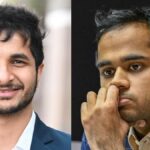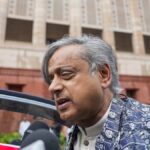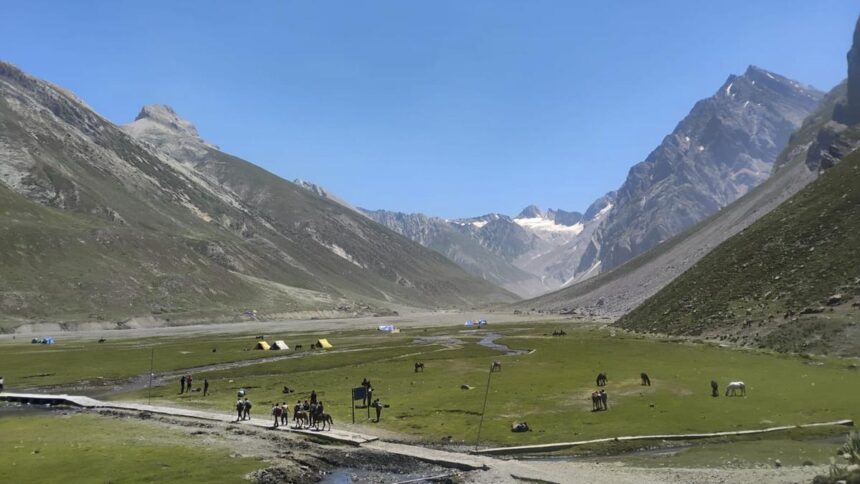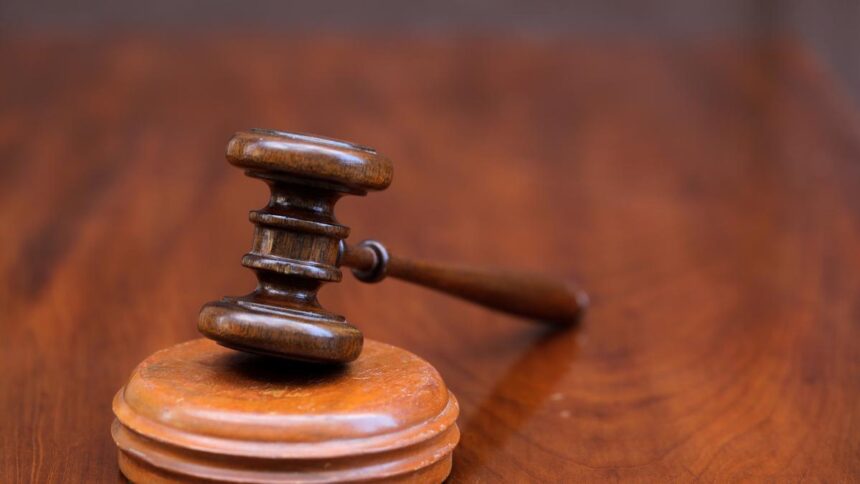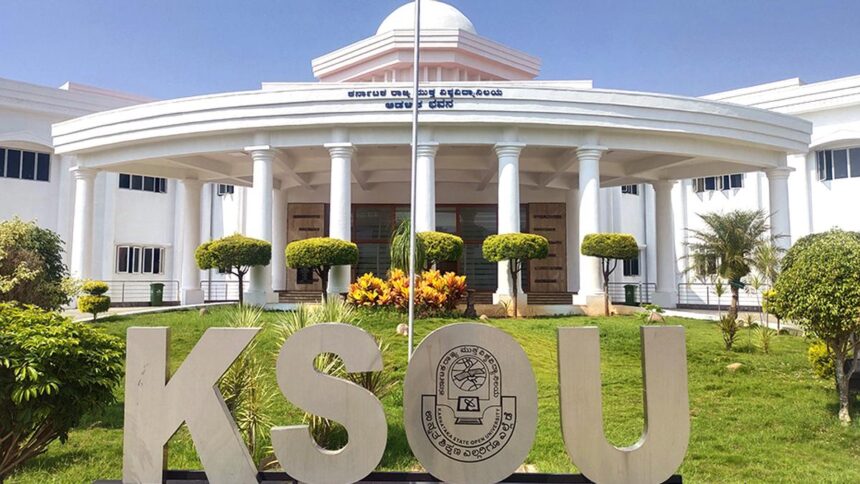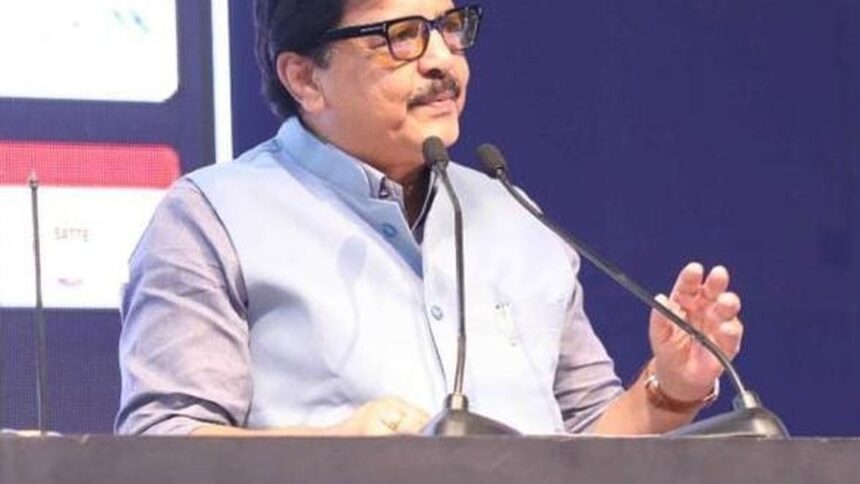Unlike his predecessors, Jagdeep Dhankhar, in his three years as Vice-President of India, courted controversies for the statements he made inside and outside Parliament. While he took a different stand from the government on farmers’ protests, he was vehement about corruption in the judiciary. He gave philosophical warnings to the government in a veiled manner against being audacious with people, but was more vocal than many of the Ministers on issues such as Sanatana Dharma and insertion of the words secularism and socialism in the Constitution.

One of his first speeches as Vice-President on judicial accountability was made in December 2022 at the 8th Dr. L.M. Singhvi Memorial Lecture on ‘Universal Adult Franchise: Translating India’s Political Transformation Into A Social Transformation’. Citing a Supreme Court verdict that repealed the National Judicial Appointments Commission (NJAC), Mr. Dhankhar, in the presence of then Chief Justice D.Y. Chandrachud, said: “Please find out a parallel in the world where a Constitutional provision can be undone. Our Indian Constitution provides in explicit terms Art 145 (3). Interpretation of the Constitution when a substantial question of law is involved can be done by the court. Nowhere does it say that a provision can be run down,” he said, adding, “I am startled that after this verdict, there was no whispering in the Parliament. It was taken as such. This is too serious an issue”.
LIVE: Vice-President Dhankhar resigns
Later, when the Opposition criticised him for such a speech, Mr. Dhankhar said in Rajya Sabha that Parliament is eminently positioned to take affirmative steps to bring out congeniality amongst wings of governance. “Delegitimising the Judiciary is beyond my contemplation. It is a pillar of democracy. I would urge and expect leaders across the political spectrum to bear in mind not to subject high Constitutional offices to partisan stances,” the Chairman of Rajya Sabha said.
Jagdeep Dhankhar resigns as Vice-President: why is it unprecedented?
Jagdeep Dhankhar resigns as Vice-President: why is it unprecedented? Analysis by Nistula Hebbar
| Video Credit:
The Hindu
On another occasion, he proposed a revisit to the K. Veeraswami Judgement — the 1991 Supreme Court judgement that dealt with the issue whether the Prevention of Corruption Act is applicable to higher court judges. Terming the 1991 judgement a “judicial legerdemain”, Mr. Dhankhar said the genesis of the problem of corruption in the judiciary is the K. Veeraswami case judgement. “Time for us now to change. And I have full trust and confidence in the present Supreme Court, which is of eminent people, people of integrity. In a short time, the present Chief Justice has shown that things are soothing for people at large,” Mr. Dhankhar said, citing the example of the Supreme Court’s actions on the issue of recovering cash from a Delhi High Court judge’s official residence.
Mr. Dhankhar reminded the MPs that the Constitution has given privileges to MPs, but this privilege is not unqualified. “This privilege comes with very heavy responsibility and that responsibility is that every word spoken in the parliament must be after due thought, after due consideration. It can’t be based on unverified situations. House cannot be made a wrestling ground of free fall of information,” Mr. Dhankhar had said.
Warning against arrogance in public life
Very recently, addressing the inaugural programme for the eighth batch of participants of the Rajya Sabha Internship Programme (RSIP), Mr. Dhakhar warned against arrogance in public life. “We must be resilient. We must believe in our point of view. But we must also have respect for the other point of view. If we believe in our point of view and think, ‘I am the only one who is right, and everyone else is wrong’ — that is not democracy. That is not our culture. That is ego. That is arrogance. We must control our ego. We must control our arrogance. We must try to understand why the other person holds a different point of view — that is our culture. What has India historically been known for? Discourse, dialogue, debate, deliberation. These days, we do not see all this happening in Parliament,” he said.
Championing farmers’ rights
Since December 2024, he has made several speeches in defence of the rights of farmers. At a function in Mumbai, in the presence of Union Agriculture Minister Shivraj Singh Chouhan, he urged the Centre to talk to farmers who were protesting at the borders of Punjab and Haryana. “Agriculture Minister Sir, every moment is critical for you. I urge you, and as the person holding the second-highest constitutional position in India, I request you to please tell me, was any promise made to the farmer, and why has it not been fulfilled? What are we doing to fulfil the promise? There was an agitation last year, and there is one this year as well, and time is passing, but we are doing nothing,” he said.
Mr. Dhankhar had asked Mr. Chouhan to consider the dialogue with the farmers as a challenge, which should not be considered any less than the unity of India. “We cannot fight with our own people; we cannot put them in this situation where they are left to fight on their own. We cannot hold the ideology that their struggle will be limited, and they will eventually tire out. We should not disturb the soul of India; we should not hurt its heart. Can we create a boundary between the farmer and the government? Those whom we need to embrace cannot be pushed away,” Mr. Dhankhar said.
On the demand for statutory Minimum Support Price (MSP), the Vice President said he fails to understand why a formula cannot be worked out in consultation with economists and think tanks that will reward the farmers. “Whatever price we give to the farmer, the nation will benefit five times over; there is no doubt about it. I have heard people say inflation will rise. I will say one simple thing. Wheat makes bread, and the disparity is immense! Milk makes ice cream, and again, the disparity is immense. Who are those people who say that if we give our farmers a fair price for their produce, I do not understand why that would cause a disaster,” he said.
Sanatana debate
The Vice President had also joined the debate on Sanatana, which was started by DMK leader Udayanidhi Stalin. The Vice President said we are one of the oldest civilisations. “Ironically and painfully, in this country, reference to sanatan, reference to Hindu, evokes baffling reaction beyond comprehension rather than understanding the depth of these words, their deep meaning, people tend to be in reaction mode, at a drop of a hat… Can ignorance be more in extremity? Can the enormity of their lapse be countenanced? These are souls that have misguided themselves, driven by a dangerous ecosystem that is a threat not only to the society but to themselves,” he said.
Published – July 22, 2025 02:34 pm IST








